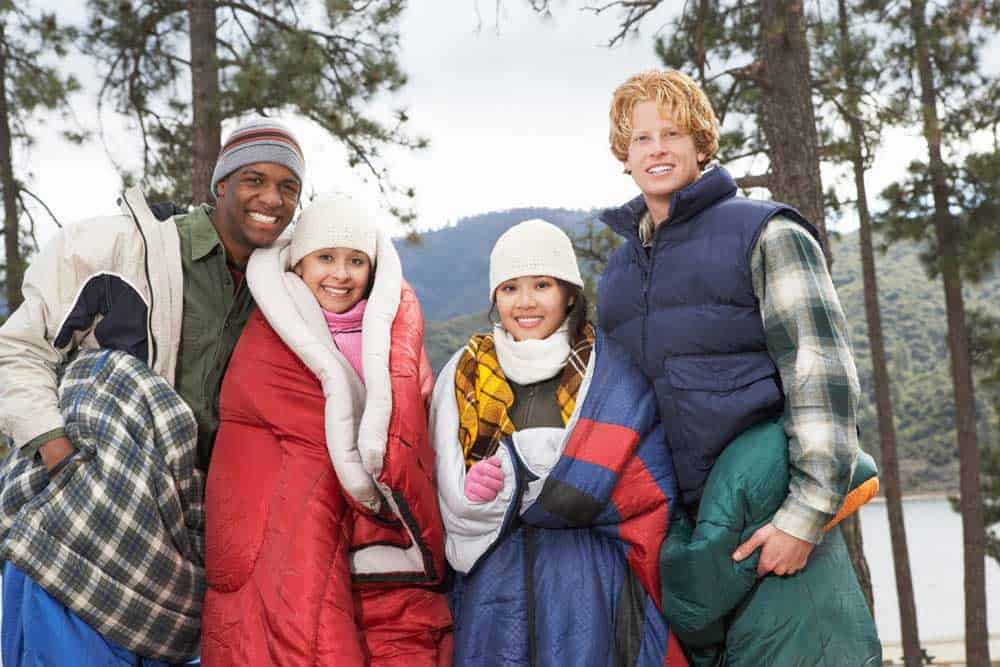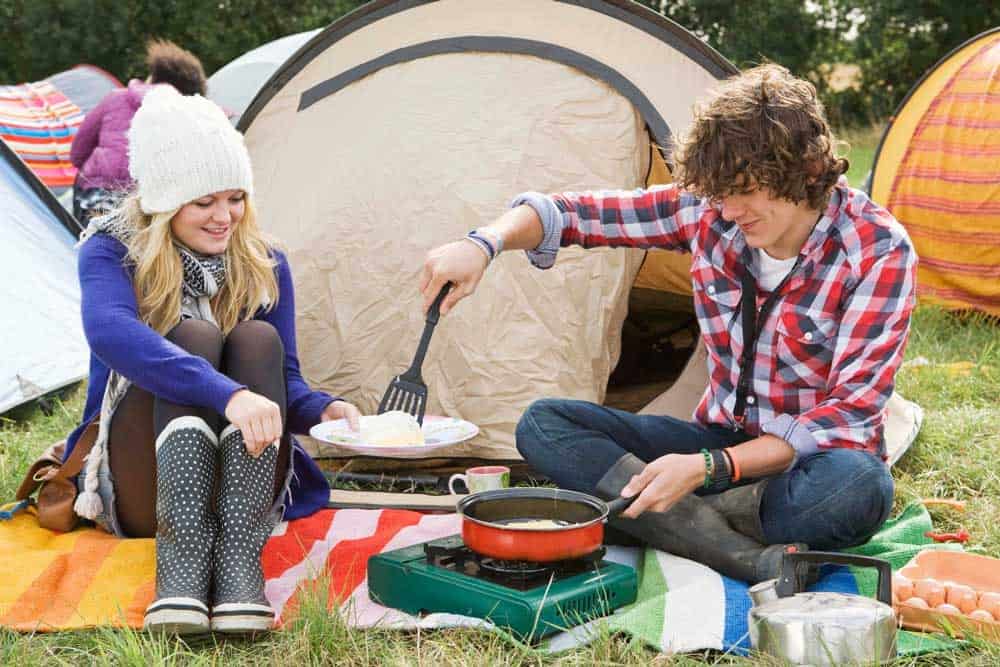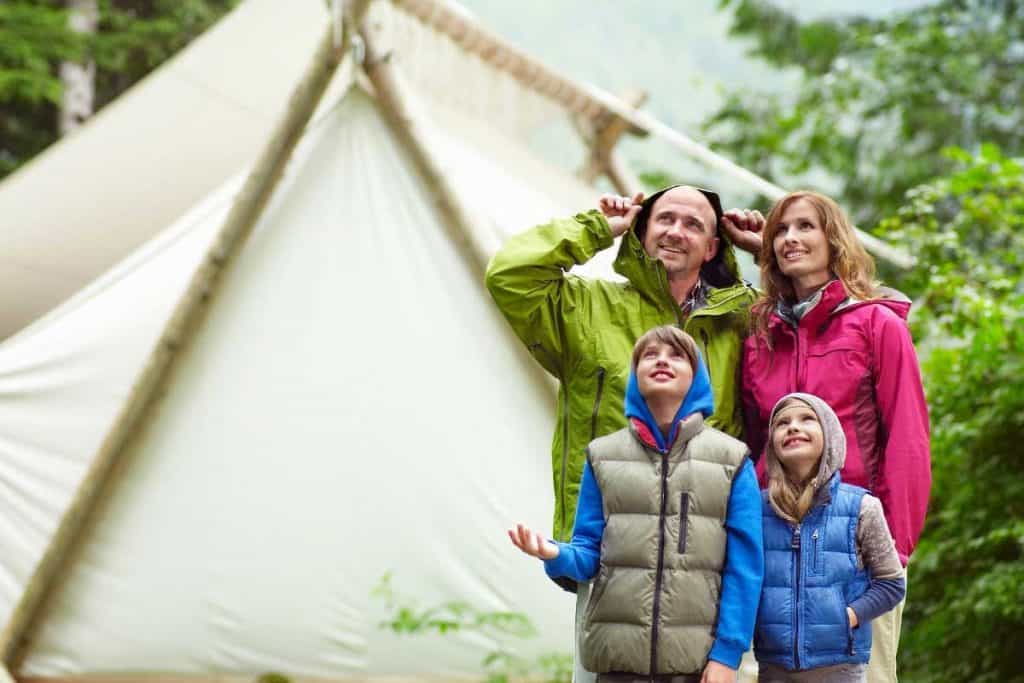Camping in the rain shouldn’t be a hassle if you’ve come prepared. Don’t let it compromise your fun experience. When the showers begin to roll, remember our tips for camping in the rain.
10 tips for camping in the rain
You and your family have been planning on a camping holiday for a while. Now, you’ve packed your bags, load the baggage, revved the engine, and off you go. Then the thunder rumbles when you’ve arrived on your destination. How can you continue camping in the rain?
Bring satellite radio
You never know what could happen along the way. So, bring a satellite radio on your next camping trip. Satellite radios are great electronics to bring along because of its absence of static in geographical availability. You can go from the city to the outback and get clear tunes and sounds.
Prepare warmers
Before leaving the house, you should have packed some warmers in case it started to rain or the air went chilly. Bring hand gloves, socks, arms and legs warmers, and heavy blankets. Consider packing rain pants or gaiters even if it’s not raining. Water activities and morning dew can get you soaked in.

Keep first aid and survival kits with you
Anything can happen when you’ve gone camping in the rain. There’s always the probability of catching a fever, hypothermia, or injuries in the outdoors.
- Hypothermia
- Fever or flu
- Rashes
- Sprain and fractures
- Headache, stomachache, and arthritis
Your first aid kit list should include:
- Antiseptic
- Painkillers
- Medications
- Gauze, dressings, band-aids, and bandages
- Tweezers
- Scissors and sewing kit
- Thermometer
Find the right camp space
Locate your site where it’s a little bit elevated and away from the river, creek, or beachside. Unless you’re 100 percent sure that it won’t rain, don’t camp under the trees. It’s nice to camp within the shades if it’s scorching hot. When it’s raining, and long after the showers have stopped, the raindrops will drip on your tent. Meanwhile, if it’s windy and raining wildly, some branches of the tree might fall off. Why not try rooftop tent camping, where you’ll be away from wet grounds?
Bring multiple tarps for your tent and camp use
First, you can place a tarp over your tent and surroundings to waterproof your camping site. Remember to angle your tent so that the rainwater runs out of the sides. You can also use the tarp as groundsheet inside the tent when you want to sleep. Place multiple tarps for other uses such as storage for wet clothes.
Use waterproofing sprays
Waterproofing sprays protect your gears and accessories from water stains, discoloration, and water damage. There are various sprays used for a wide range of items such as outdoor equipment, shoes, fabrics, jackets, tents, and sleeping bags.

Keep warm food around camp
Warm yourself with some comfort food like hot soup or cocoa. If you have killer campfire snugs and carbs to throw on the fire, it’ll be a great way to combat the cold front. Keep the carbs and calories in your body to maintain temperature when it’s cold.
Healthy carbs include:
- Nuts, legumes, seeds, and whole grains
- Fruits and vegetables
- Potatoes and other tubers
Always prepare vegetables at home so you won’t have a hard time cleaning and cutting them at camp.
Collect fresh rainwater for camp use
Rainwater is pure and can be used for drinking, cooking, and washing clothes. You can further sanitize it by placing rainwater in a filtration system or you can just boil it. Don’t gather rainwater from sliding rocks and streams.
Use night light
Visibility is hard when it’s raining on camp. Bring a flashlight or emergency lights to drape on your campsite. Also, bring batteries to last through your trip. Track your way back to the camp when it’s getting dark and avoid the risk of injuries and accidents.
Stay safe during a downpour
When it’s raining a little bit heavy, stay safe inside your tent and find things to entertain yourselves. You can play cards, sing a tune, or tell ghost stories. If you have children, keep them busy by playing games or coloring book illustrations, especially if they’re afraid of the storm.




